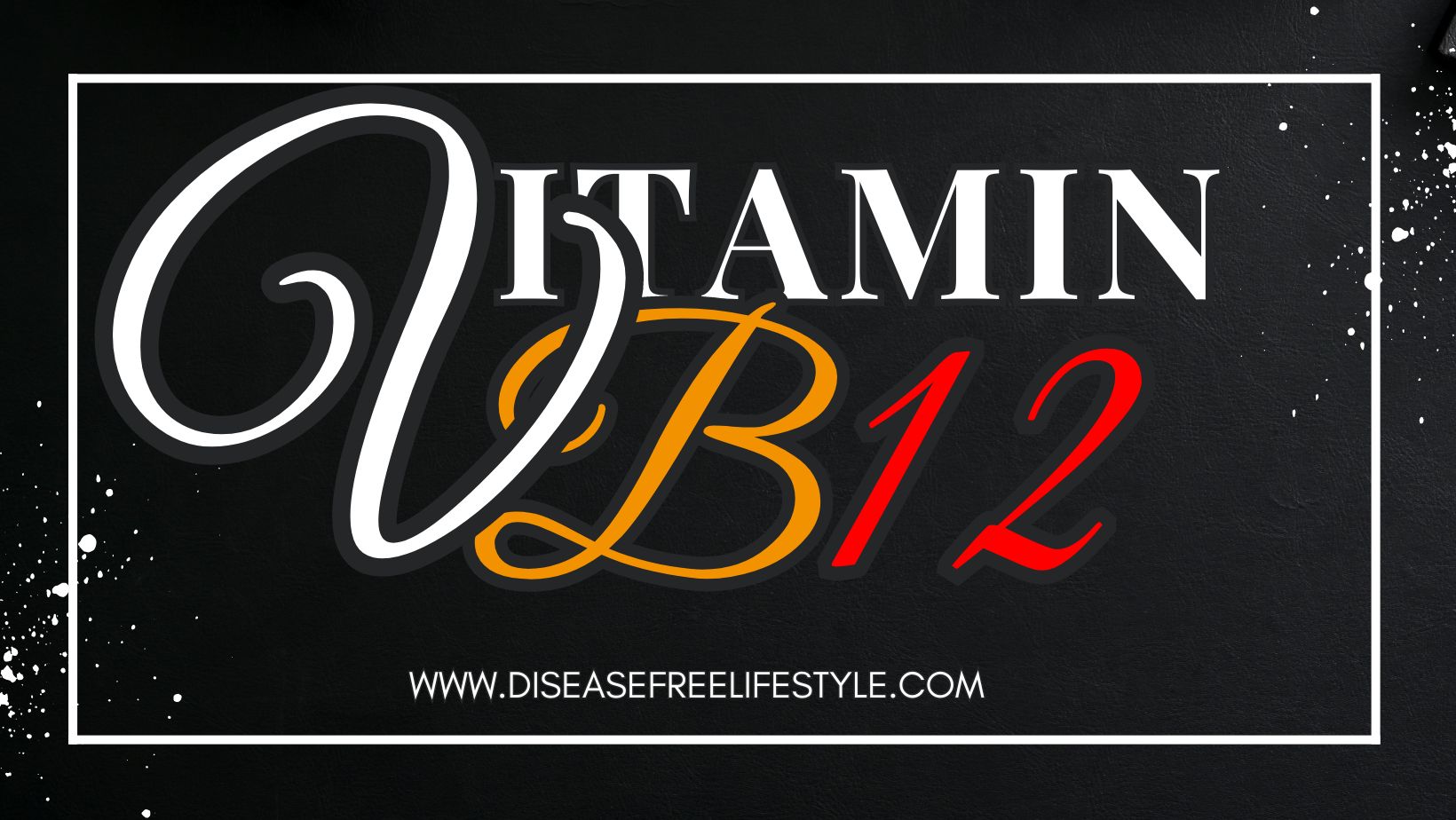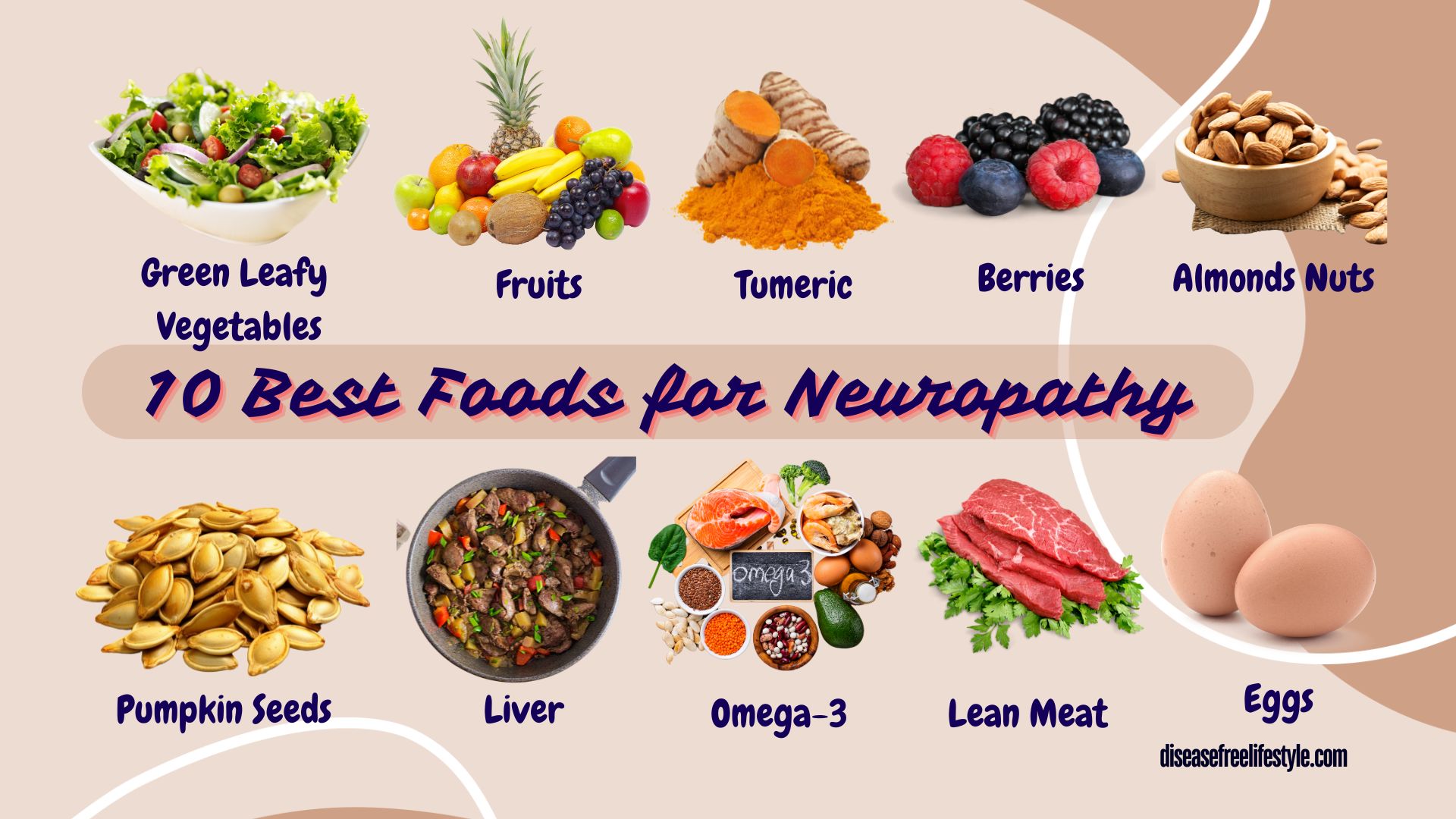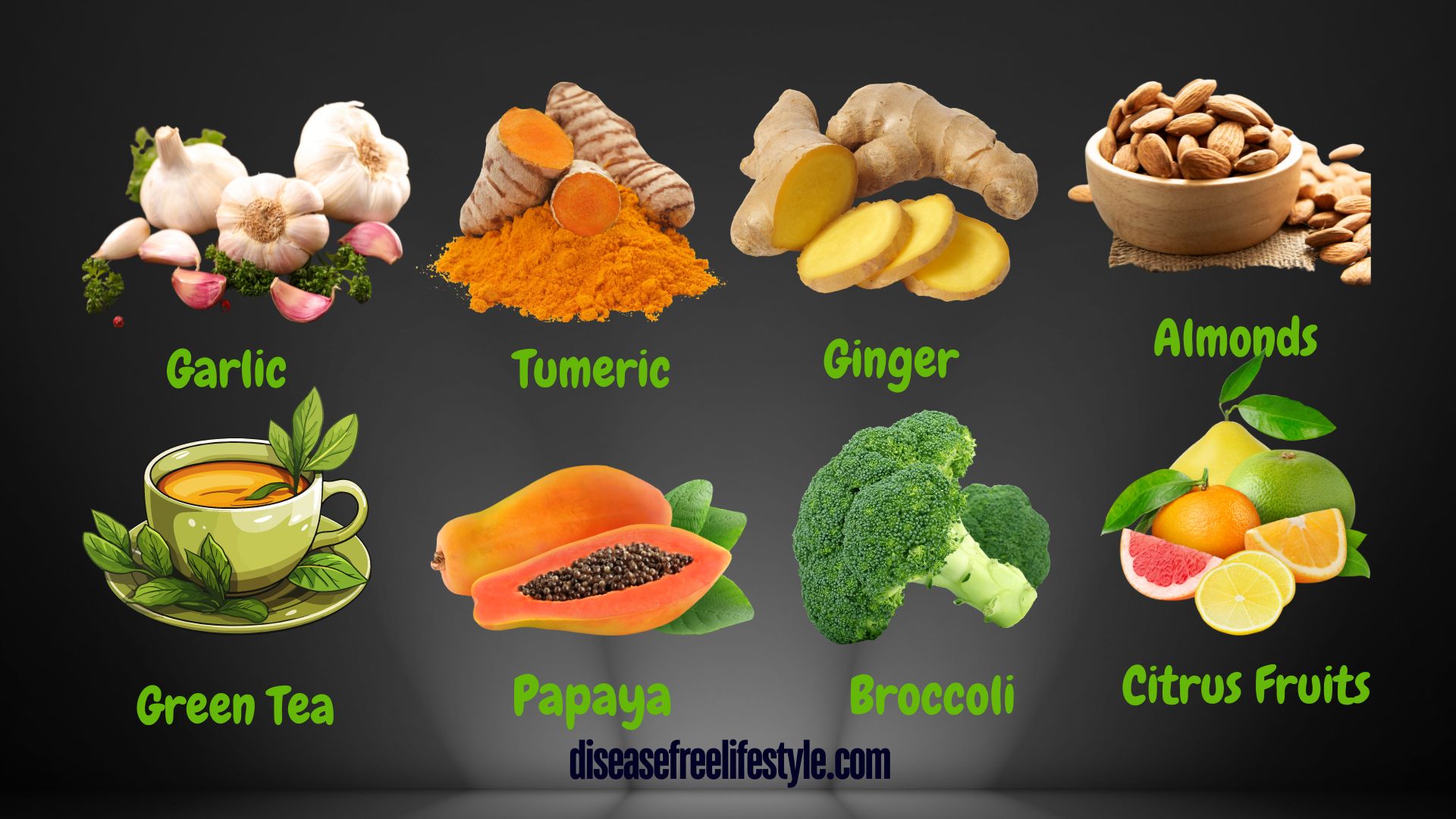Discover how lessons from birds vs humans can inspire a disease-free, fulfilling life for everyone.
Birds vs. Humans is mainly to follow birds life for our well-being. While both birds and humans strive for survival and well-being, their approaches to a disease-free lifestyle differ significantly due to factors like environment, diet, and physiology. Here’s a breakdown of some key differences:
Diet:
- Birds: Their diet varies greatly depending on species. Seed-eating birds rely on seeds and grains, while insectivores primarily consume insects. Some birds are omnivores, eating a combination of insects, fruits, and seeds. This diverse diet provides a range of essential nutrients for optimal health.
- Humans: Humans have a wider dietary range but often struggle with overconsumption, processed foods, and nutrient deficiencies. Our processed food culture can lead to imbalances that contribute to chronic diseases.
Exercise:
- Birds: Birds are naturally active creatures, constantly flying, foraging, and building nests. This constant movement promotes physical fitness and helps maintain a healthy weight.
- Humans: While exercise is crucial for humans, modern lifestyles often involve less physical activity, increasing the risk of obesity and related health problems.
Stress Management:
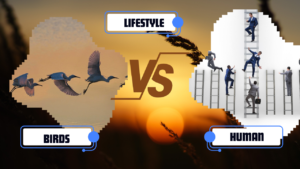
- Birds: Birds face stressors like predators and competition for resources. However, their natural environment and social structures may help them manage stress effectively. Some species like parrots show social behaviors that might help with stress reduction.
- Humans: Modern humans experience a wide range of stressors, including work pressure, financial worries, and social conflicts. Chronic stress can weaken the immune system and increase disease risk.
Sleep:
- Birds: Sleep patterns vary among birds, some needing only a few hours while others sleep for longer stretches. However, most birds are vigilant and sensitive to their surroundings, ensuring they get the rest they need.
- Humans: Humans generally require 7-8 hours of sleep per night. However, factors like work schedules and screen time can disrupt sleep patterns, leading to health problems.
Healthcare:
- Birds: Birds rely on their natural instincts and flock behavior to identify and avoid hazards or illness. Injured birds may receive some care from their flock mates, but comprehensive healthcare is not prevalent in the wild.
- Humans: Humans have access to advanced medical care, including preventative measures like vaccinations, early detection through screenings, and various treatment options.
Genetic Predisposition:
- Birds: Although specific to each species, birds have adapted to their environment over generations, potentially developing disease resistance.
- Humans: While humans benefit from advancements in medicine, certain genetic predispositions can increase susceptibility to diseases.
Important Note:
While wild birds have a seemingly “disease-free” lifestyle, they are still susceptible to illnesses and parasites. However, their adaptations and natural environment may give them an advantage in some cases.
Follow the Birds’ Lifestyle and Nature Around Us.
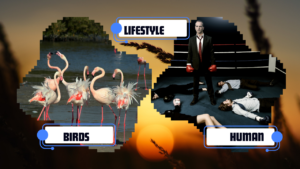 Our world faces many challenges, but achieving a state of peace and happiness like birds might not be entirely realistic. However, we can learn from their natural harmony and strive towards a more peaceful and fulfilling existence.
Our world faces many challenges, but achieving a state of peace and happiness like birds might not be entirely realistic. However, we can learn from their natural harmony and strive towards a more peaceful and fulfilling existence.
Learning from Birds:
- Community: Birds live in flocks, fostering a sense of belonging. We can strengthen communities through social interaction and shared values.
- Simple Needs: Birds prioritize survival and reproduction. Focusing on basic needs like security, health, and connection can be a foundation for happiness.
- Focus on Present: Birds live in the moment. Mindfulness practices can train us to appreciate the present and reduce anxieties.
Conclusion:
While birds and humans differ significantly in their approach to a disease-free lifestyle, we can learn from their natural dietary habits, constant movement, and potentially lower stress levels. By incorporating these elements into our lives while leveraging the benefits of modern medicine, we can move towards a healthier and more disease-resistant way of living.








